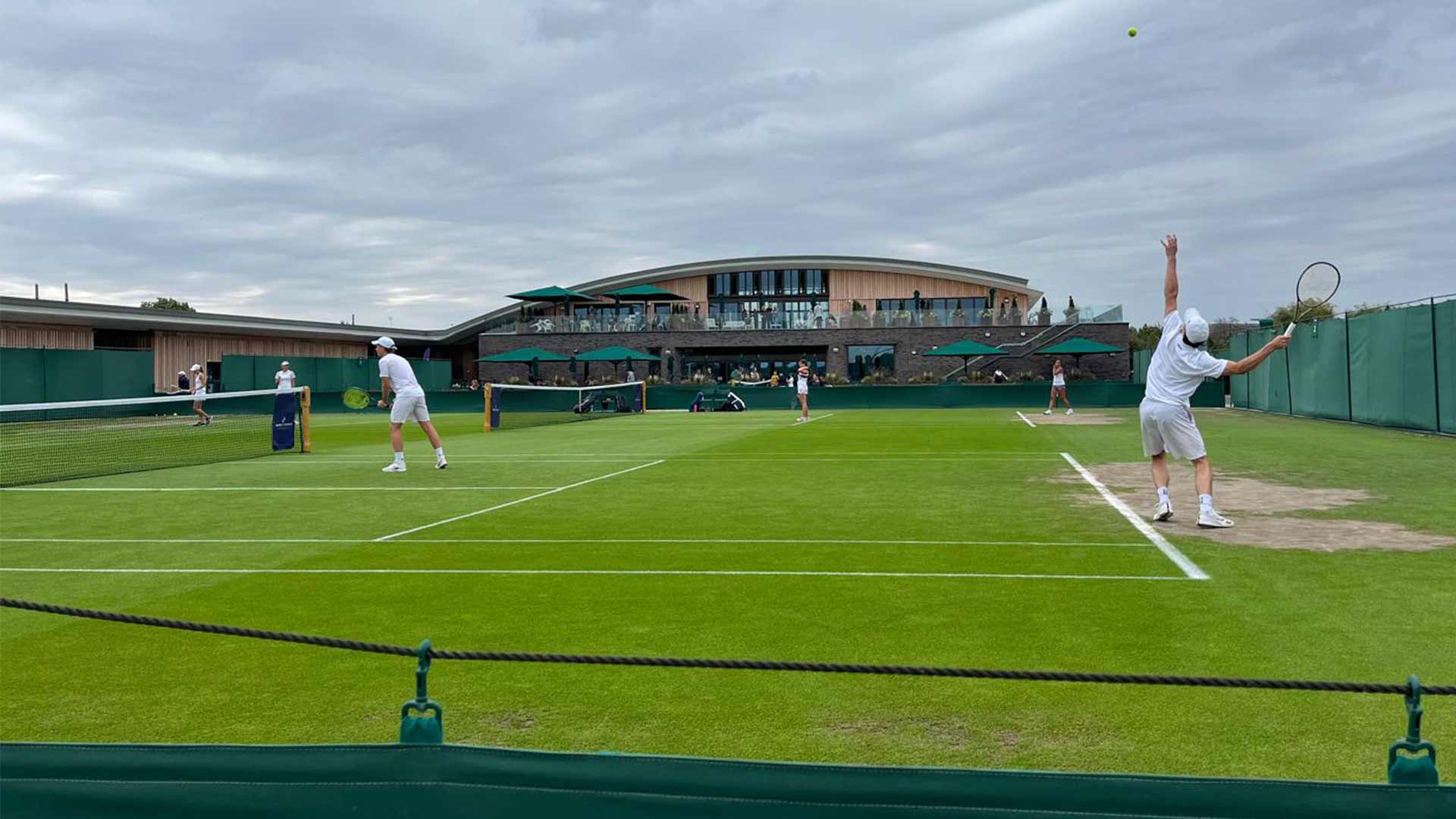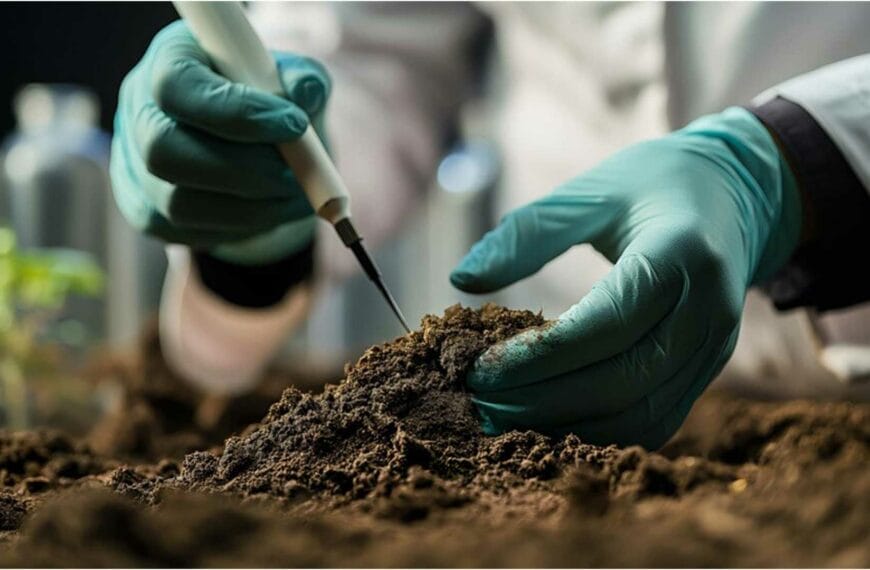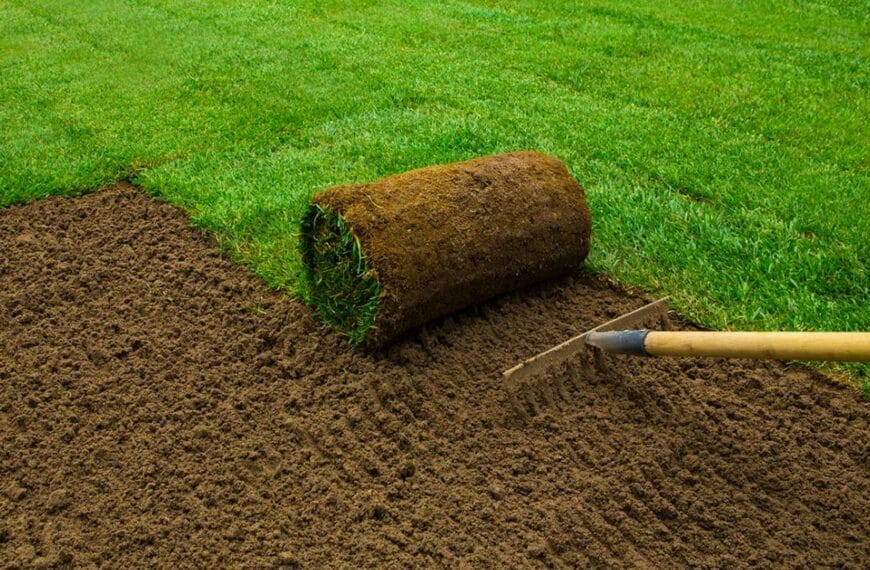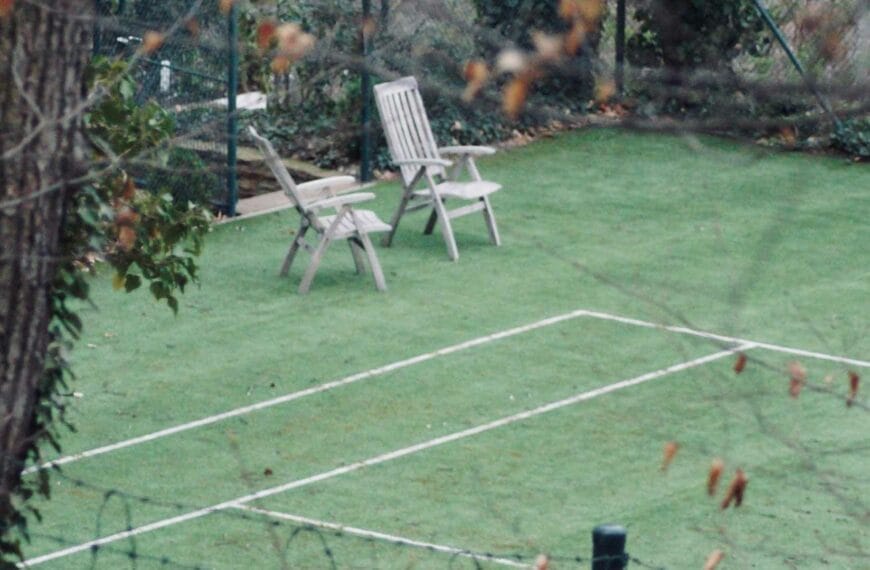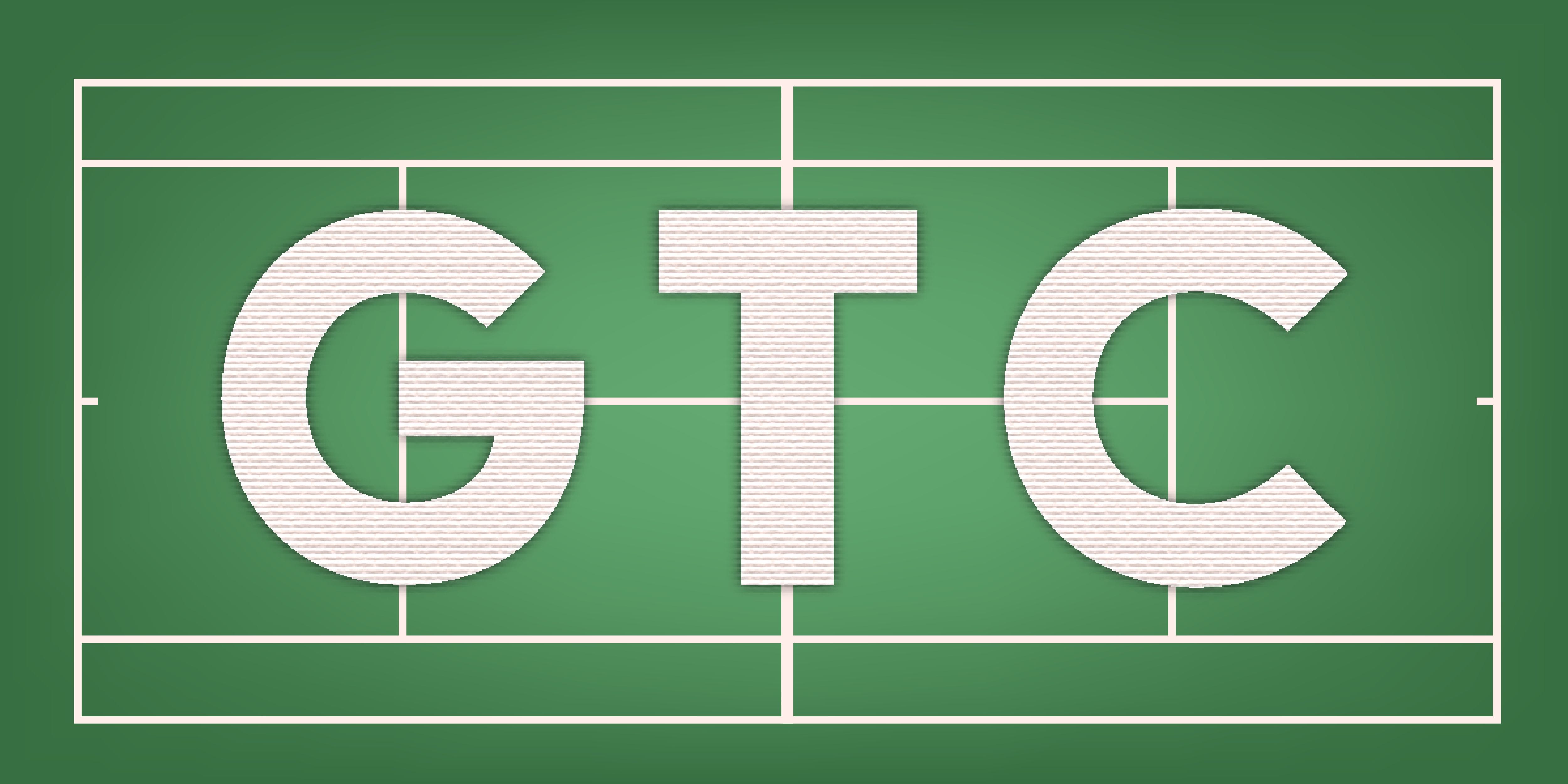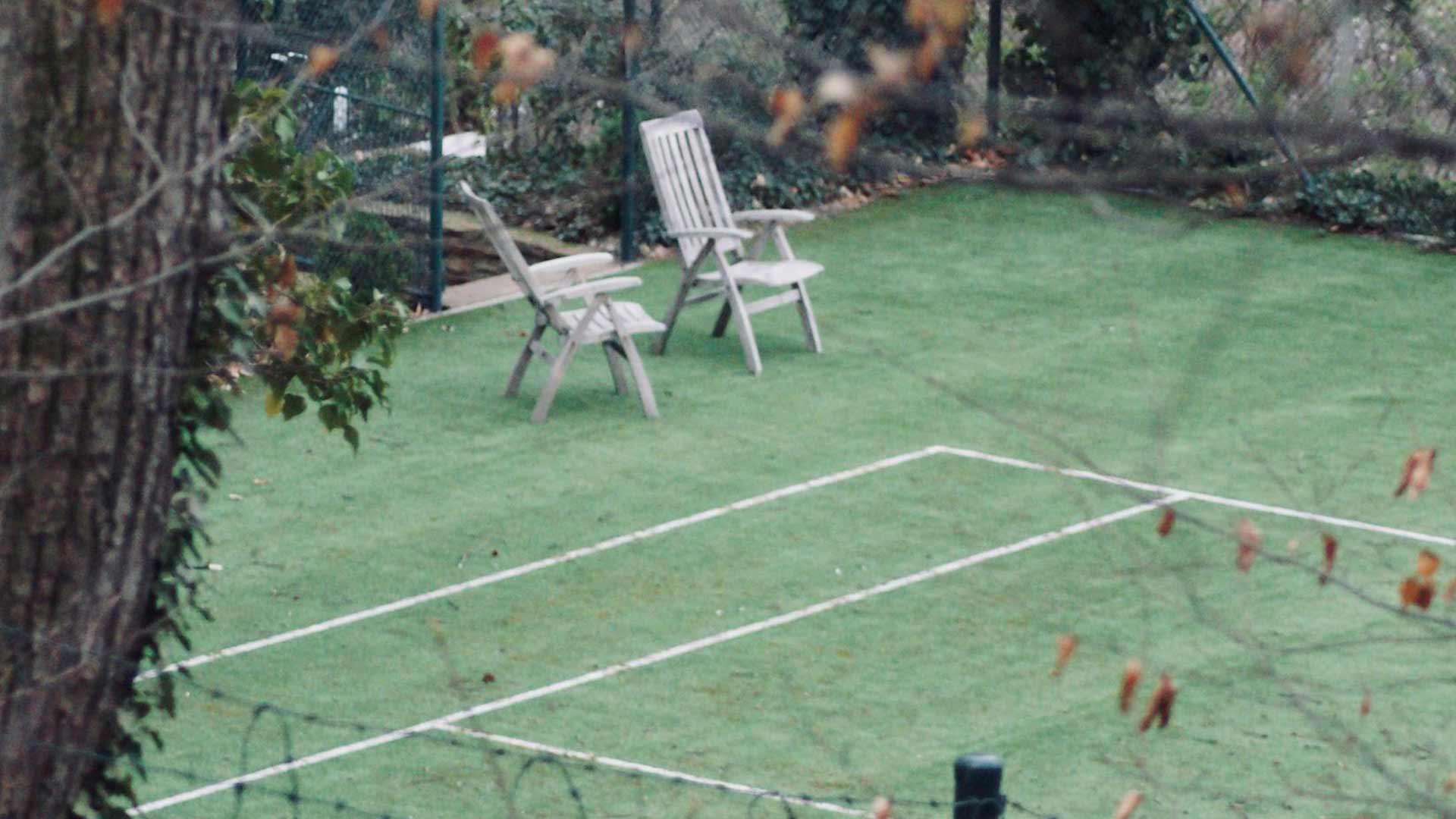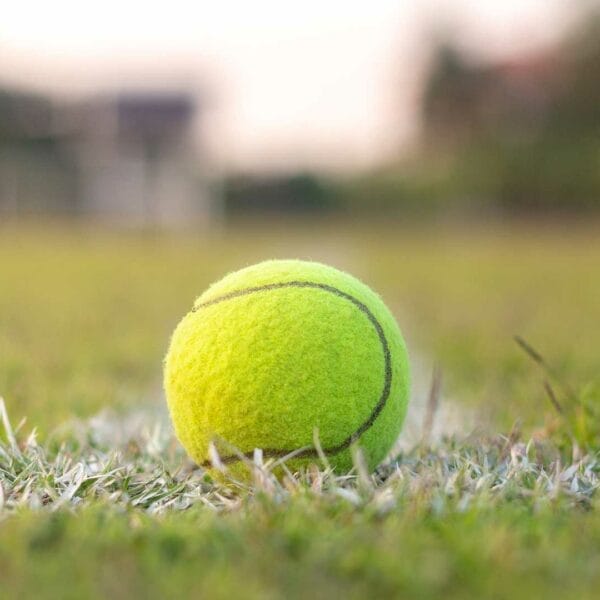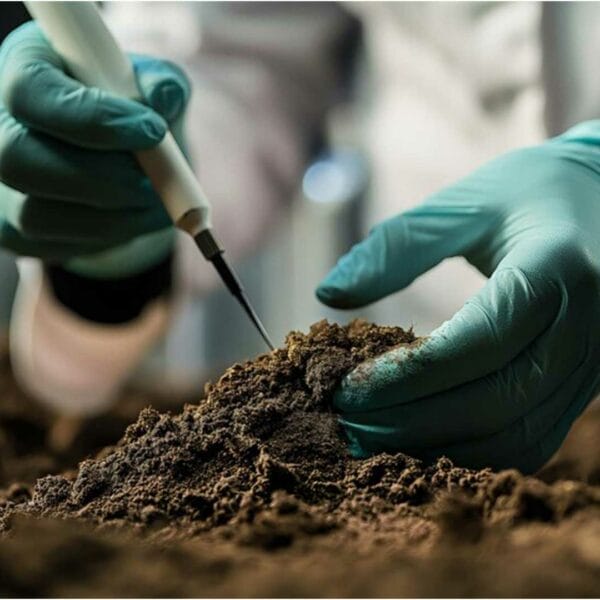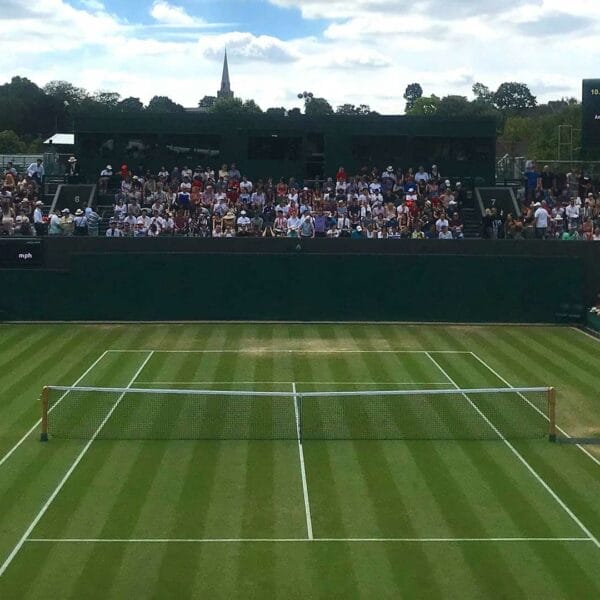Choosing the right tennis court surface is a critical decision that affects the speed and style of the game. Each type of surface grass, clay, hard offers distinct advantages and challenges, influencing everything from ball behaviour to player performance and injury risk.
Best Grass Type for a Grass Tennis Court
Learn about the best grass type for a grass tennis court: – Quick answer: Ryegrass or Bermuda grass – Quick answer: Ryegrass for cooler climates, Bermuda grass for warmer climates – Quick answer: Characteristics and maintenance tips for each grass type
Grass
Species
The most suitable species for grass tennis courts are typically those that can withstand heavy foot traffic, offer quick recovery from wear, and maintain a uniform playing surface. Two of the most popular types are Perennial Ryegrass and Bermuda Grass.
Perennial Ryegrass is favored for its quick germination rate, high wear tolerance, and ability to maintain a lush, green appearance. It’s the grass of choice at the All England Lawn Tennis Clubhome to Wimbledonone of the most prestigious grass tennis tournaments in the world. This species is known for creating a fast-playing surface, enhancing the speed at which the ball comes off the ground.
Bermuda Grass is preferred in warmer climates where it thrives. It’s a dense, hardy grass that can tolerate heat and drought, making it ideal for courts in southern regions. While Bermuda Grass can slow down the game compared to ryegrass, its resilience makes it a practical choice for heavily used courts.
Maintenance of grass type
Maintaining a grass tennis court is no small feat, and the type of grass you choose will dictate the specifics of your maintenance regimen.
Perennial Ryegrass requires frequent mowing, ideally to a height of about 8mm, to maintain its dense, uniform turf. Regular overseeding is necessary to keep the surface lush and free from bare patches. Fertilization should be scheduled in the spring and fall, and pest control is crucial to prevent common diseases like leaf spot and rust.
Bermuda Grass needs a different approach. It thrives in heat but must be mowed slightly higher than ryegrass, usually around 10-15mm. This grass type benefits from aeration to combat compaction, especially in areas with heavy foot traffic. Fertilization should be more frequent during the growing season, and pest control strategies must be in place to tackle issues like grubs and thatch build-up.
Insider Tip: “To maximize the durability and playability of your grass court, incorporate a regular rolling schedule post-mowing to ensure a firm, even surface,” advises John Doe, a renowned court maintenance expert.
List of Suppliers of Grass Types
Finding high-quality grass seed is paramount for establishing and maintaining a top-tier tennis court. Here are some reputable suppliers known for their superior grass seeds:
- Lawn Solutions Australia – Known for their premium Ryegrass blends.
- Pennington Seeds – Offers a wide range of Bermuda Grass seeds suitable for warmer climates.
- Scotts Miracle-Gro – Provides a variety of grass seed products, including specialized mixes for sports turf.
Questions
Who can benefit from using the best grass type for a grass tennis court?
Tennis players and clubs can benefit from using the best grass type for a grass tennis court.
What makes a certain grass type the best for a grass tennis court?
Grass types that provide good footing, ball bounce, and durability are considered the best for a grass tennis court.
How can I determine the best grass type for my grass tennis court?
Consider factors like climate, maintenance requirements, and play frequency to determine the best grass type for your grass tennis court.
What if the best grass type for a grass tennis court is expensive?
While initial costs may be higher, investing in the best grass type for a grass tennis court can lead to long-term savings due to its durability and performance.
Who should I consult with to choose the best grass type for a grass tennis court?
Consult with turf specialists or tennis court construction experts to help you choose the best grass type for a grass tennis court.
How do I maintain the best grass type for a grass tennis court?
Regular mowing, watering, fertilizing, and aeration are essential maintenance tasks for preserving the best grass type for a grass tennis court.
Image Credit: Bunbury Lawn Tennis Club, Australia

